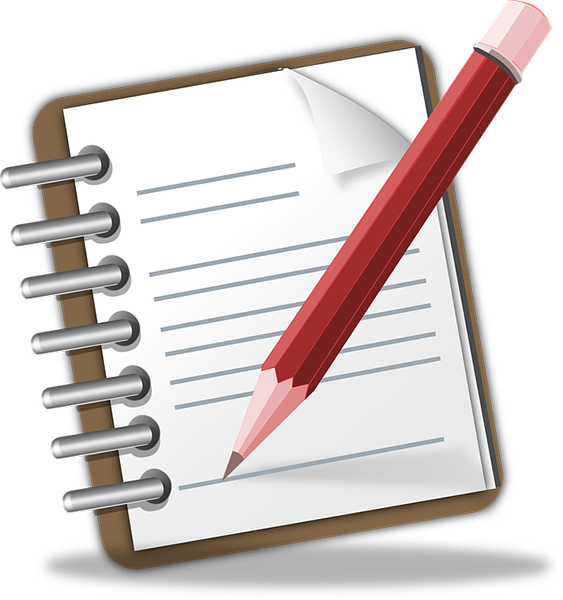Full-length practice tests are the best way to get acclimated to the timing and question formats you'll encounter on the AP Human Geography exam. They'll also help you figure out where you need to put in additional study time to improve your scores.
In this article, we'll give you links to all the best practice tests available for AP Human Geography, including full official tests, full unofficial tests, and mini unofficial quizzes that test specific parts of the curriculum.
























